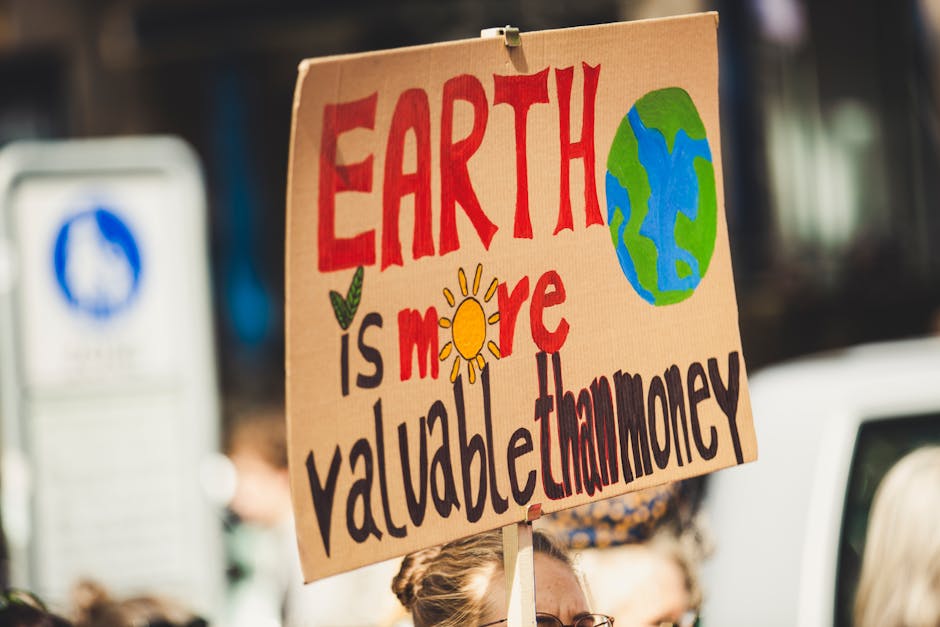In recent years, climate change has dominated headlines, political agendas, and public discourse. From record-breaking heatwaves to devastating floods, the evidence of a planet in crisis is undeniable. Yet, as the urgency grows, a troubling question arises: Is the global public tuning out the debate?
Climate Change Fatigue: A Growing Concern
Climate change isn’t a new topic. Decades of warnings have led to global agreements and protests, but signs of waning public engagement are emerging.
A 2023 Pew Research study found that while most people still see climate change as a serious threat, interest in climate news has declined in regions like the U.S. and Europe. Experts attribute this to:
1. Overexposure – Constant dire warnings can desensitize audiences.
2. Political Polarization – Climate action has become a partisan battleground in some countries.
3. Economic Pressures – Inflation and job worries often overshadow long-term climate concerns.
Global Disparities in Climate Engagement
The trend isn’t universal. In developing nations like India, Bangladesh, and Nigeria—where extreme weather directly impacts lives—climate change remains a top priority. A Yale study found these populations demand more government action than wealthier nations.
Yet, engagement varies even here. Rural communities facing droughts or cyclones show urgency, while urban populations may feel less immediate risk.
How the Media Shapes Climate Perceptions
Media coverage plays a key role:
– Sensationalist headlines (“Doomsday Scenarios”) can numb readers.
– Overly technical language alienates the public.
– Lack of solutions-based stories leaves people feeling helpless.
Social media algorithms worsen the issue, prioritizing viral trends over critical climate discussions.
Reversing Apathy: How to Reignite Engagement
Despite fatigue, progress is possible. Key strategies include:
✔ Highlighting Solutions – Success stories like India’s solar power boom or global reforestation efforts inspire action.
✔ Making It Personal – Linking climate impacts to health, jobs, and food security resonates more deeply.
✔ Leveraging Influencers – Scientists, celebrities, and local leaders can amplify relatable messaging.
Conclusion: Keeping the Climate Conversation Alive
Climate fatigue is real but not irreversible. The challenge for media, leaders, and activists is to keep discussions fresh, actionable, and inclusive. The planet won’t stop warming if the world stops listening.
At NextMinuteNews, we’re committed to balancing urgency with hope—because understanding climate change isn’t just about fear; it’s about empowering action.
What do you think? Has climate news become background noise, or are you more engaged than ever? Share your thoughts below!
— Team NextMinuteNews




